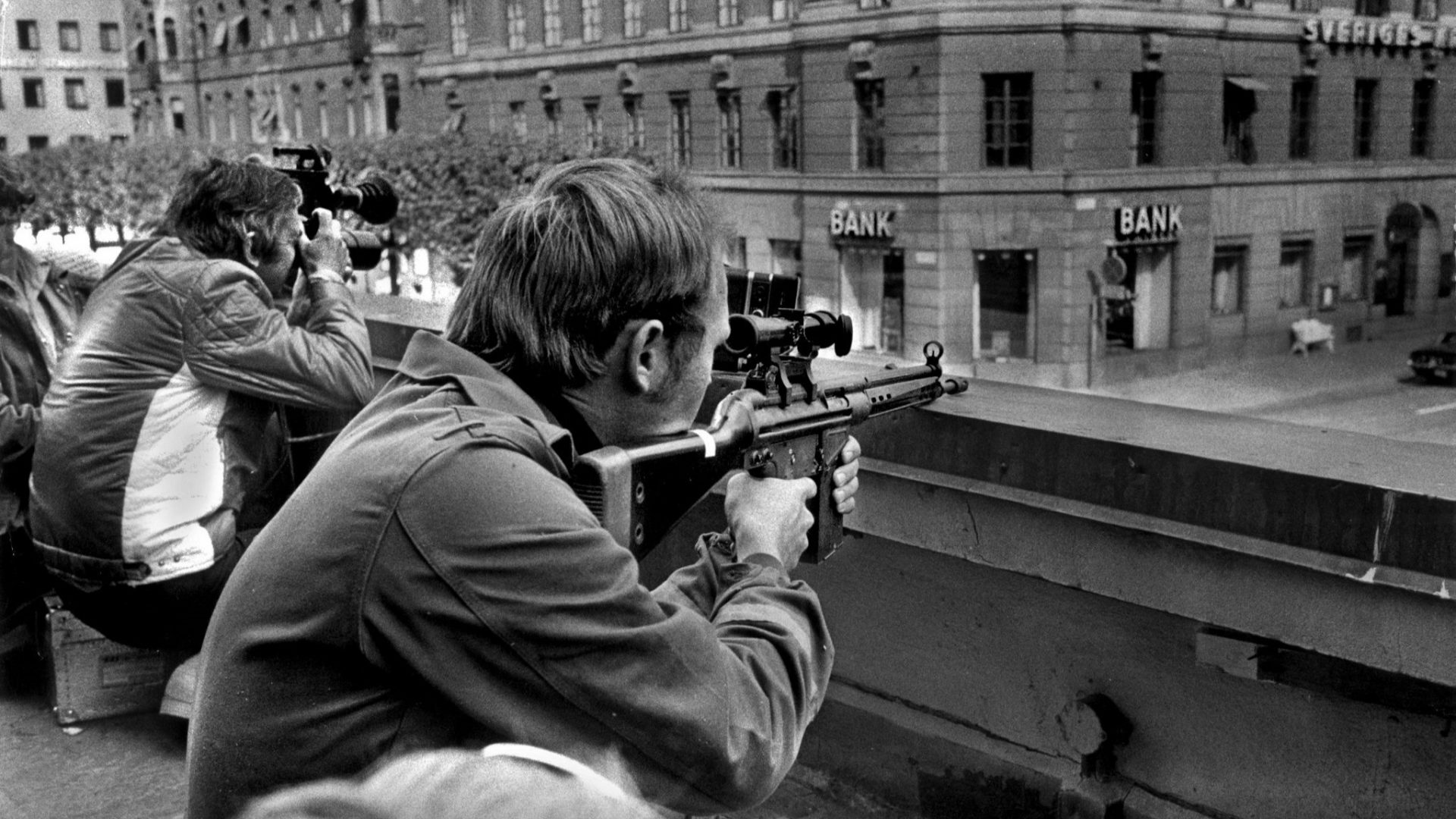In the sunshine state of Sunakland there is “light at the end of the tunnel”. Refreshed from his holiday in California, the PM has declared that now inflation is down to 6.8%, the worst of our economic woes are behind us.
Sadly, nothing could be further from the truth.
Sunak now claims that because his “plan is working”, Britain is on course to hit his target of halving inflation. It was 10.7% when he made this promise, meaning the rate will have to sink to 5.3% by the end of the year for the pledge to be validated.
He sees the result playing out like this: In scenario a), the PM hits his target and basks in triumph. In b), he misses it narrowly and asks for forgiveness and a little more time, saying he has put Britain back on track.
Of course, should either come true, Sunak will still be seeking to take credit for the efforts of others. Though of course there are levers a government can pull to stop inflation rising even faster – resisting large public sector pay rises is one – the job of getting it down and keeping it down is really that of the independent Bank of England, which it does by setting interest rates.
But the BoE does not seem to have had much influence on the current numbers either. They might be worse if it had not been increasing interest rates remorselessly, but inflation now seems to be falling mostly because international energy and commodity prices are dropping.
Note that there is little rejoicing among Andrew Bailey and his team about that inflation figure of 6.8%. It may be down from 7.9% in June but it is still worryingly stubborn, and interest rates will almost certainly need to rise still further, bringing added misery for mortgage holders.
But the most recent set of jobs data bothers Threadneedle Street far more – and they raise the prospect of a scenario c), in which Sunak misses his inflation target by some distance.
The unemployment rate is rising, up by 0.3% to 4.2%. That increase has been driven by the number of people out of work for more than six months. Worse, the number of vacancies available for those looking for work is falling, down by 66,000 to 1,020,000, meaning vacancies fell for the 13th consecutive quarter.
On top of all this, wages are going up. In fact, average wages are rising at 7.8% – faster than inflation. You might think that is good news, that the average worker is getting back some of the money they lost out to higher inflation, but that is not how the BoE sees it. It looks at wage rises of 7.8% and it sees inflation embedding itself.
There are three reasons why the current situation scares the Bank. The first is that, if wages keep up with inflation, then companies will pass those higher wages on in even higher prices. That means that inflation will become hard-wired into the economy – the opposite of what the Bank is trying to achieve. The answer will be higher interest rates, for longer.
The second problem is longer-term – the issue of productivity: the economic value created per worker. Michael Saunders, a former member of the Bank’s monetary policy committee, told the BBC recently: “What we have got in the UK at the moment is pay growth running at around 8%, productivity running at about 1% per year. So, unit labour cost growth is running at about 7%, and if we stick with 8% pay growth and 1% productivity growth then inflation will stick at around 7%.”
Again, this implies higher interest rates, kept up until wages come into line with productivity, not prices. It would help, of course, if productivity were to start increasing at a higher rate so that pay rises could be both justified and affordable; but there is no sign of that happening and neither is there any sign that the government is serious about solving Britain’s productivity crisis.
The third concern for the BoE is that the economy is slowing. Vacancies continue to fall, workforce participation is down and unemployment is rising. All of these would normally suggest that wages will not rise quickly or at all, as companies have a pool of cheap unemployed labour they can tap and a workforce that fears losing its jobs. But this is not the case.
Wages are rising on average, but what is driving up the average seems to be the wages of the skilled who are already in work. In short, companies are having to pay top dollar to hold on to or to attract the best staff because they are in short supply.
That means squeezing inflation out of the economy is going to be tough, especially with interest rates so high they could cause a recession.
What the economy really needs therefore, are far more skilled workers who are well-educated and trained. These could be domestic workers, or higher-skilled immigrants. But since the government has made a complete mess of the apprenticeship scheme and Brexit has made it costlier, slower and sometimes downright impossible to hire skilled foreign workers, there is little relief in sight.
The net result is that the UK is stuck with a frustratingly slow rate of economic growth which is likely to get worse, a disastrously low level of productivity, an overheating labour market, the prospect of even higher interest rates and rising unemployment. Until wages start to react to the threat of losing your job, it almost certainly means even lower growth or possibly a recession and it means real pain for borrowers, especially those with mortgages.
This is not the message Sunak is selling as he claims the economy is on the turn. As ever with this government, the light at the end of the tunnel could prove to be the light of another train hurtling directly towards us.




